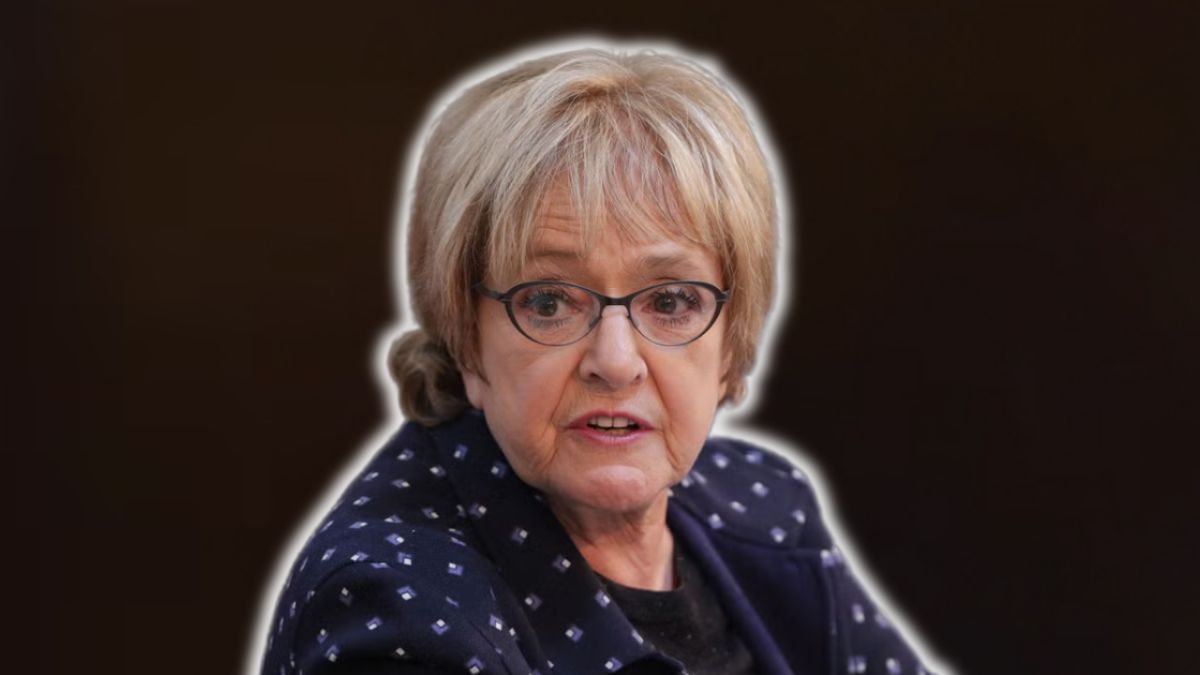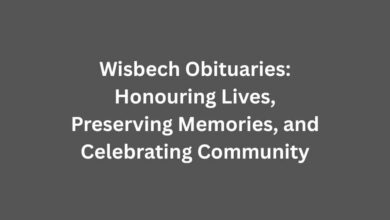Baroness Hodge: A Political Life of Accountability, Reform, and Anti-Corruption

Baroness Margaret Hodge, widely known as Baroness Hodge of Barking, stands as one of the most influential figures in modern British politics. Her career spans more than four decades, covering local government, parliamentary service, ministerial roles, and a new chapter in the House of Lords. She is best recognised for her commitment to transparency, financial accountability, and the fight against corruption, both at home and abroad. From leading a London borough through turbulent times to chairing the Public Accounts Committee and later becoming the UK’s Anti-Corruption Champion, her career has been characterised by courage, tenacity, and an unwavering willingness to challenge those in power.
Early Life and Education
Margaret Eve Hodge was born on 8 September 1944 in Alexandria, Egypt, to a German-Jewish family who fled Nazi persecution. Her family later settled in Britain, where she grew up and pursued her education. She attended Bromley High School and Oxford High School before studying at the London School of Economics, graduating with a degree in economics in 1966. Her early experiences gave her a strong sense of justice and a determination to improve the lives of ordinary people through public service.
Local Government Leadership
Hodge’s political career began at the grassroots level. In 1973, she was elected as a councillor in the London Borough of Islington, one of the most socially complex and politically active areas of the capital. Her rise was rapid, and by 1982 she became Leader of Islington Council, a position she held for a decade.
During her time in local government, she became known for her progressive agenda and for her commitment to housing, education, and social services. She also chaired the Association of London Authorities and served as Deputy Chair of the Association of Metropolitan Authorities. These roles gave her valuable experience in shaping policy and negotiating across the political spectrum. Though her leadership was not without controversy, it marked her out as a formidable figure in Labour politics.
Parliamentary Career
In 1994, Margaret Hodge entered national politics when she was elected as the Labour Member of Parliament for Barking, succeeding Jo Richardson in a by-election. Over the next thirty years, she represented her East London constituency with determination, often dealing with complex issues ranging from social housing to community cohesion.
Ministerial Roles
Her parliamentary career was marked by a series of ministerial appointments under Prime Ministers Tony Blair and Gordon Brown. She served as:
-
Parliamentary Under-Secretary for Disabled People (1998–2001), focusing on disability rights and employment.
-
Minister for Universities (2001–2003), dealing with higher education reforms.
-
Minister for Children (2003–2005), becoming the first ever Children’s Minister, where she helped shape early policy on child protection and family support.
-
Minister of State for Work (2005–2006), addressing employment and welfare reform.
-
Minister of State for Industry and the Regions (2006–2007), overseeing regional economic policy.
-
Minister of State for Culture and Tourism (2007–2008 and 2009–2010), managing cultural initiatives, creative industries, and the tourism sector.
Her ministerial record was broad and complex, dealing with some of the most pressing issues in government. While not every policy was universally praised, her willingness to take on difficult briefs demonstrated her resilience and political strength.
Chair of the Public Accounts Committee
Perhaps her most significant parliamentary role came after Labour entered opposition in 2010. Baroness Hodge became Chair of the Public Accounts Committee (PAC), one of the most powerful and respected committees in Westminster. For five years, she led rigorous investigations into government spending, corporate tax avoidance, and the misuse of public money. Her style was direct, and she was unafraid to challenge both government ministers and business leaders.
Under her leadership, the PAC gained a reputation for fearless scrutiny. Major multinational corporations were held to account for tax avoidance practices, and government departments faced tough questioning over waste and inefficiency. Her tenure elevated the importance of parliamentary oversight and made her one of the most high-profile figures in opposition.
Championing Transparency and Anti-Corruption
After standing down from the Commons in 2024, Hodge was elevated to the House of Lords as Baroness Hodge of Barking. Her new role in the upper chamber gave her the platform to continue her lifelong campaign for accountability. Later that year, she was appointed as the UK’s Anti-Corruption Champion, a role tasked with tackling illicit finance, money laundering, and the enablers of economic crime.
In this capacity, Baroness Hodge has been outspoken about the need to confront the flow of “dirty money” through Britain. She has consistently argued that lawyers, accountants, and other professional services must not turn a blind eye to corrupt practices. Her proposals for a “failure to prevent” offence aimed at professional enablers marked a significant step in strengthening the UK’s approach to financial crime.
In July 2025, she was dispatched on a fact-finding mission to the British Virgin Islands, one of the UK’s overseas territories often criticised for secrecy around company ownership. Her work there reflected Britain’s wider efforts to push for transparency in offshore financial centres and to close loopholes exploited by criminals and tax evaders.
A Voice for Accountability
Baroness Hodge’s reputation has long been tied to her ability to speak truth to power. Whether challenging multinational corporations on their tax practices, scrutinising government waste, or demanding tougher rules on economic crime, she has consistently prioritised accountability over popularity. Her advocacy has made her a respected figure among reformers and a thorn in the side of vested interests.
Her Jewish heritage and personal history have also informed her strong stance against antisemitism. As a Labour MP, she was an outspoken critic of antisemitism within the party during Jeremy Corbyn’s leadership, highlighting the importance of zero tolerance towards hatred and discrimination. This stance, though controversial at the time, reflected her broader principles of justice and fairness.
Contributions Beyond Politics
Beyond parliament, Baroness Hodge has contributed to education and public life in other ways. Since 2018, she has served as Chair of Council at Royal Holloway, University of London. In this role, she has provided governance and leadership to one of the country’s leading academic institutions. Her connection to higher education has deepened her understanding of the challenges facing students and universities in a changing world.
Her wider public service has included advisory roles and thought leadership on governance, transparency, and corporate responsibility. She remains a trusted voice in public debate, regularly contributing to discussions on how Britain can maintain high standards of integrity in public life.
Legacy and Influence
The legacy of Baroness Hodge is still unfolding, particularly with her ongoing role in anti-corruption work. However, several themes already define her influence:
-
Accountability in Public Spending – Her leadership of the Public Accounts Committee transformed the way government spending was scrutinised and elevated public awareness of waste and inefficiency.
-
Corporate Responsibility – By challenging multinational corporations over tax avoidance, she brought public attention to practices that eroded trust in global business.
-
Anti-Corruption Advocacy – Her current role as Anti-Corruption Champion positions her at the forefront of efforts to combat illicit finance, a challenge that remains central to Britain’s economic integrity.
-
Public Service Dedication – From local government to the Commons, the Lords, and higher education, her career reflects an enduring commitment to improving governance and strengthening democracy.
Conclusion
Baroness Hodge is a rare figure in British politics: someone whose career has spanned local, national, and international arenas while consistently focused on the values of accountability and justice. Her determination to root out corruption, her willingness to confront both government and business, and her record of public service mark her as a powerful and enduring voice in public life.
As she continues her work in the House of Lords and as the UK’s Anti-Corruption Champion, her legacy will likely be defined not only by the offices she held but by the standards she set. For those who value integrity in politics and public life, Baroness Hodge represents both a role model and a continuing force for reform.



